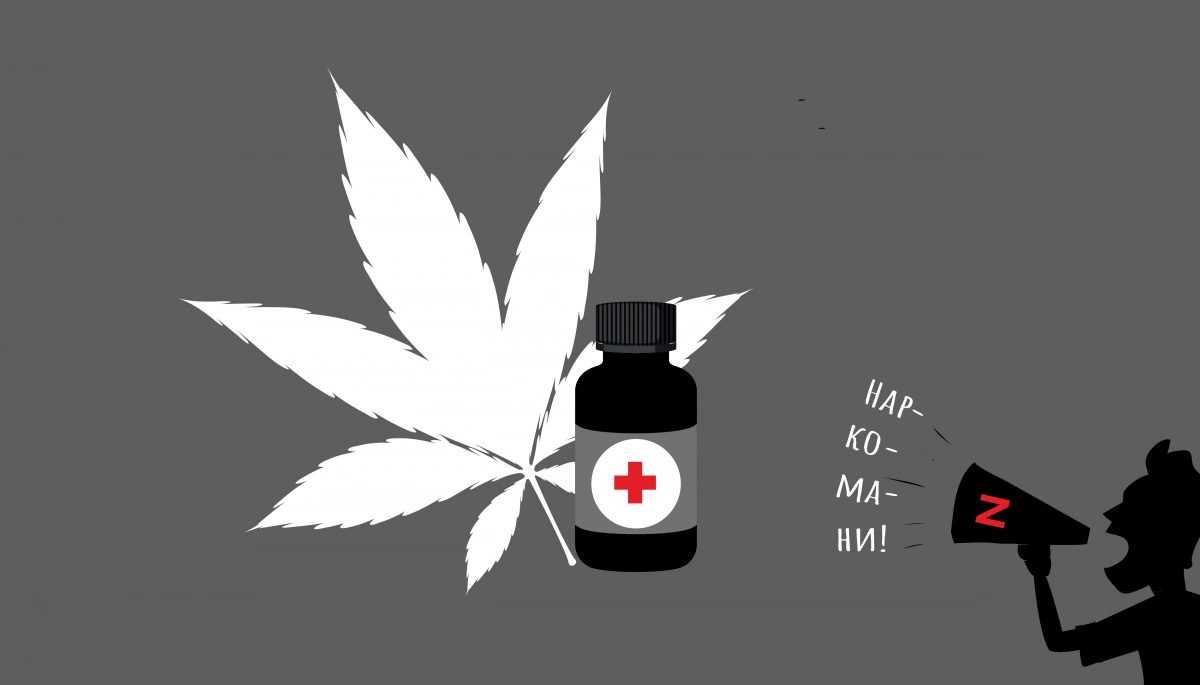Українською читайте тут.
Since February 24, 2022, Detector Media has been monitoring the Ukrainian segment of social networks and the Kremlin media and documenting the chronicle of Russian disinformation about Russia’s war against Ukraine on a daily basis. Over time, we have started to make regular reviews. Read the latest ones: May 29 - June 4, June 5-11, June 12-18, June 19-25, June 26 - July 2, July 3-9, and the final text for ten months, as well as a review of the most ridiculous fakes published during the year of the full-scale war.
Between July 10 and 16, 2023, Detector Media identified over 30 instances of misleading narratives. Among the false claims were assertions that Ukraine hadn’t yet broken off diplomatic ties with Russia and insinuations that President Zelenskyy was not universally welcomed.
“Ukraine Grapples with Cholera?”
Early in the week, misinformation circulated alleging a cholera outbreak in Ukraine, attributing it to the Russian destruction of the Kakhovka hydroelectric power plant. The false narrative asserted that Ukraine’s healthcare infrastructure was ill-prepared for such a crisis and was, thus, abandoning its citizens.
Contrarily, as of early July 2023, Ukraine hasn’t reported any cholera cases. Addressing the potential for other infectious diseases, Ukraine’s Ministry of Health confirmed an increased risk but emphasized ongoing intensive epidemiological monitoring in vulnerable regions. Ihor Kuzin, Ukraine’s Chief Sanitary Officer, outlined consistent cholera prevention measures and new strategies implemented following the attack on the Kakhovka hydroelectric power plant.
In a proactive response, 38 water monitoring stations were set up across Odesa, Mykolaiv, and Kherson. Moreover, the Centers for Disease Control and Prevention in Zaporizhzhia, Kherson, Odesa, Mykolaiv, and Dnipro were activated with enhanced response protocols.
Far from the portrayed inaction, Ukraine’s healthcare system is actively addressing flood-related challenges, countering the fearmongering propaganda narratives.
“Maintaining Ties?”
Disinformation in the Georgian social media landscape suggested Ukraine hadn’t severed its diplomatic ties with Russia, insinuating that without this official cutoff, the two nations weren’t truly at war.
In reality, Ukraine formally ended its diplomatic relationship with Russia on February 24, 2022. However, for the sake of safeguarding its citizens, including those incarcerated in Russia, Ukraine maintained consular connections. Furthermore, on April 20, 2023, Kyiv’s Mayor, Vitali Klitschko, revoked the Russian Embassy’s land lease, recommending that the government reclaim the property.
It’s also noteworthy that since 2016, Russia hasn’t stationed a full ambassador in Ukraine, relying on interim representatives.
This twist on events serves the disinformers’ goal: to distort international law and suggest that Ukraine, without a formal declaration of war, has no legitimate grounds to defend itself.
“Ukrainians Instigating in France?”
Last week, anonymous Telegram channels with a pro-Kremlin bent pushed a fabricated story suggesting that Ukrainians were hired to fuel protests in France. During these demonstrations, a 17-year-old lost his life at the hands of police in a Parisian suburb. The culprits behind this fake news pointed towards a certain French publication to substantiate their claims.
Yet, conspicuously, the said post didn’t link directly to the alleged article but only to the main page of the supposed French media source. A thorough search revealed no such stories on that platform or elsewhere, underscoring the likely fabrication by the propagandists.
Such false stories aim to paint Ukrainians as opportunistic disruptors intent on unsettling Europe.
“Europe vs. Zelenskyy”
For several days, we’ve tracked a fake news story suggesting a clash between Ukrainian President Volodymyr Zelenskyy and his Bulgarian counterpart, Rumen Radev, during a visit to Bulgaria. It was hinted that Radev rebuffed Zelenskyy’s request for military aid.
However, records show that during their July 6 interaction, while Radev expressed the opinion that the war had no military solution, Zelenskyy stood firm on Ukraine’s defensive stance. Furthermore, as per the Bulgarian constitution, foreign policy determinations fall under governmental jurisdiction, not the presidency. Bulgaria has, in fact, pledged military and energy support to Ukraine and endorsed its NATO membership aspirations.
Such fakes seem aimed at depicting Zelenskyy as desperately seeking Western military aid while overstepping diplomatic boundaries.
“Prigozhin’s Western Allegiance”
Russian media platforms and anonymous Telegram channels echoing Kremlin views promoted the theory that the rebellion of Yevgeny Prigozhin, head of the Wagner Group, was orchestrated by Western powers. This, they claim, was yet another Western plot to “dismantle Russia.”
Of course, the authors did not provide any evidence that the coup was planned in the West. By accusing the West, propagandists are trying to portray Russia as a victim of conspiracy and external interference. They say that Russians themselves are so intelligent, patriotic, and united that they are incapable of any rebellion against the government. Any protests in Russia can only take place at the behest of external forces hostile to Russia.
“Zelenskyy Wishes Suffering on Ukrainians?”
Propaganda outlets and anonymous Telegram channels broadcasting pro-Kremlin rhetoric spread a manipulation that Ukrainian President Volodymyr Zelenskyy said he would legalize marijuana to help people “endure pain, stress, and trauma.”
During one of his speeches, Volodymyr Zelenskyy did talk about the need to develop the rehabilitation care sector in Ukraine, highlighting the potential benefits of medicinal cannabis. His emphasis was on alleviating the “pain, stress, and trauma” of war for Ukrainians.: “All the best practices should be applied in Ukraine so that Ukrainians do not have to endure the pain, stress, and trauma of war.” That is, propagandists simply distorted the context of Zelensky’s quote.
“Ukrainian Military Hardware in Polish Markets?”
Towards the week’s end, we analyzed a Russian propaganda fake claiming that Ukrainian military hardware was available for purchase in Polish car markets. The authors of the fake attached a screenshot from the Motodemont car sales website and wrote that you can buy any infantry fighting vehicle (IFV), armored personnel carrier (APC), or other military vehicles that were transferred to Ukraine by its Western partners.
However, the website of the Polish car market does not mention that the vehicles were brought from Ukraine. The Motodemont website sells used military equipment that was produced for the Polish Armed Forces. This equipment has nothing to do with Ukraine.



